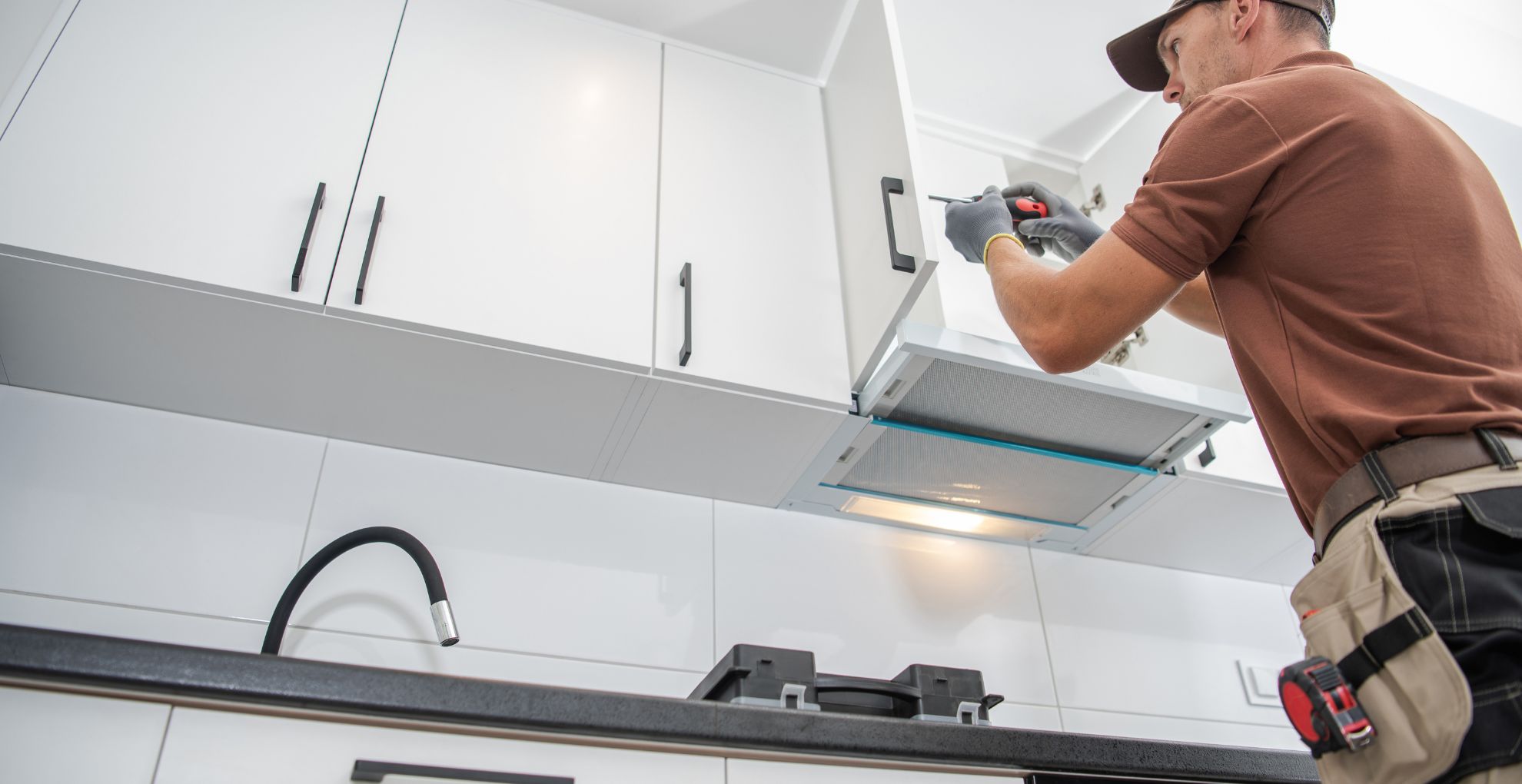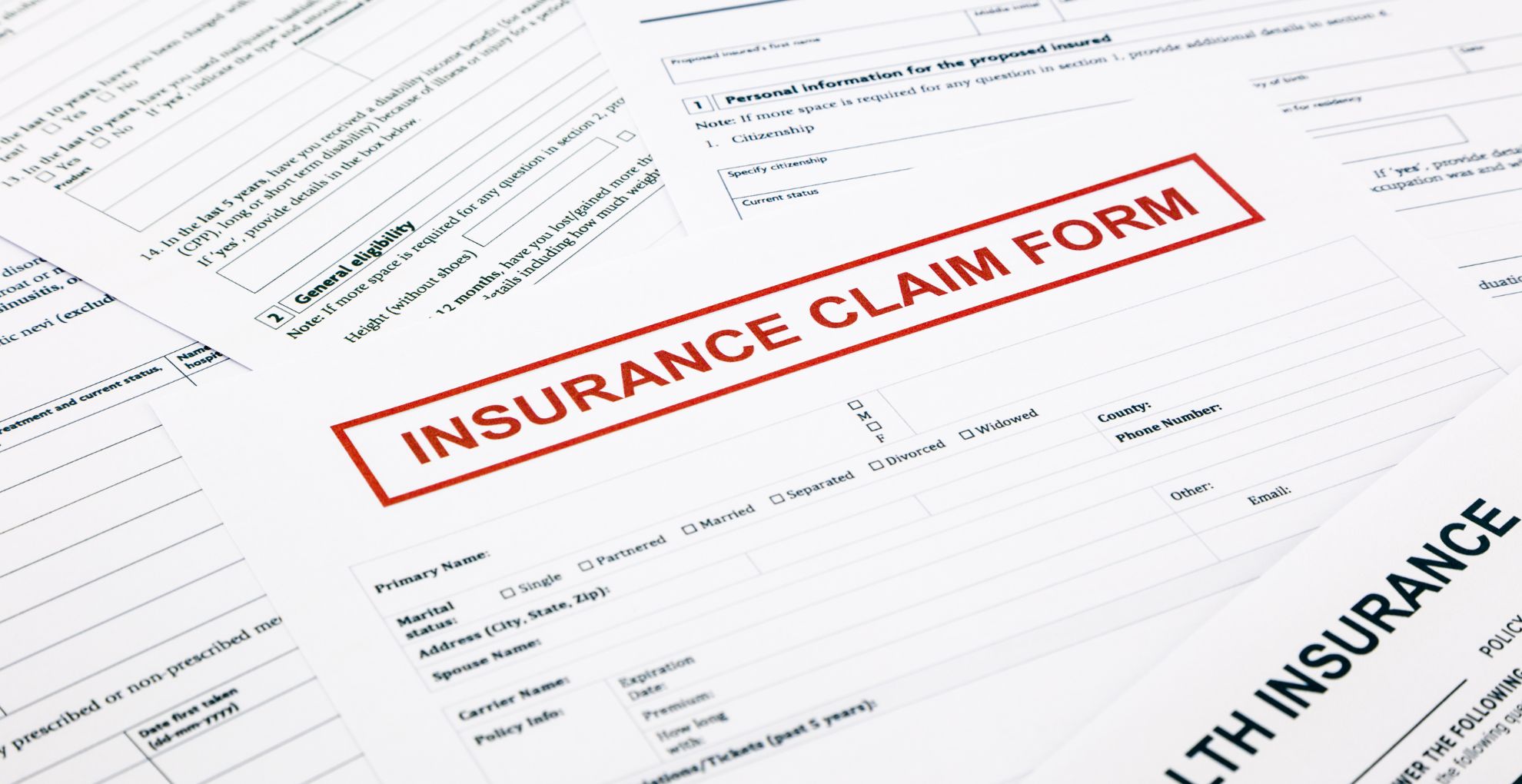Hiring the right contractor can make or break your home renovation or construction project. Whether you’re building your dream kitchen, remodeling your bathroom, or planning a full home addition, the contractor you choose will directly impact your experience, timeline, and final results. In 2025, with labor markets shifting, new technologies emerging, and consumer expectations evolving, selecting the right professional isn’t just important—it’s essential.
So, how do you sift through the noise and find someone trustworthy, skilled, and aligned with your vision? This guide walks you through a homeowner-friendly checklist for choosing a contractor, plus the red flags you should never ignore. Let’s make sure your project ends with a handshake and a beautiful result, not regrets.
Why Choosing the Right Contractor Matters
Ask any homeowner with a renovation horror story, and you’ll hear the same thing: a bad contractor can turn a simple project into a nightmare. Missed deadlines, ballooning budgets, poor workmanship, and communication breakdowns can turn your dream home into a source of stress.
On the flip side, the right contractor will feel like a partner. They’ll help you navigate design decisions, coordinate timelines with other professionals, manage their team, and keep you informed every step of the way. Think of them not just as a builder but as a guide through a very personal and complex journey.
Just ask Mia, a homeowner from Seattle who hired a contractor without doing her homework. “I thought the cheapest bid meant I was getting a deal,” she says. “It ended up costing me double when I had to bring someone else in to fix everything.” Learning from stories like Mia’s can help you avoid similar pitfalls.
The 2025 Contractor Selection Checklist
Choosing a contractor in 2025 isn’t just about who has the slickest website. It’s about verifying experience, credentials, and character. Here’s a step-by-step checklist to help you feel confident in your decision.
Conduct Thorough Background Research
Start by searching online. Review sites like Yelp, Angi, and the Better Business Bureau can provide insight into past customer experiences. Look for patterns—do multiple reviews mention the same issue? A few bad reviews aren’t necessarily a deal-breaker, but consistent complaints are a red flag.
Also, explore neighborhood groups on platforms like Facebook or Nextdoor. Firsthand recommendations from people nearby often carry more weight than anonymous internet reviews.
Verify Licenses and Insurance
Never skip this step. A licensed contractor has met the requirements set by your state or municipality. That includes passing certain exams, maintaining ongoing education, and staying up to date with building codes and regulations. In 2025, digital license verification tools will make it easier than ever to confirm credentials.
Ask for proof of general liability and workers’ compensation insurance. This protects you if someone is injured on your property or if property damage occurs.
Review Work History and Portfolios
Ask to see examples of past projects that are similar in scope and style to yours. Don’t just rely on pictures—if possible, visit one of their recent job sites. Cleanliness, organization, and professionalism on-site can tell you a lot.
Good contractors will be proud to showcase their work. If someone dodges this request or only shows a limited portfolio, take note.
Check References and Client Feedback
Talking directly to past clients can be incredibly revealing. Ask about the contractor’s punctuality, communication style, adherence to timelines, and willingness to solve problems. Were there any surprises? Did they feel heard?
You can even ask to speak to clients from a year or two ago to see how the contractor’s work has held up over time.
Ask for a Detailed Written Proposal
A professional contractor will provide a clear, comprehensive proposal before any work begins. This should outline the project scope, specific materials and brands to be used, labor costs, timeline milestones, and payment schedule.
If the proposal feels vague or rushed, that’s a sign the contractor may not be organized or may be hiding extra costs.
Top Red Flags to Avoid When Hiring a Contractor
Even if a contractor looks good on paper, certain warning signs should send you running. Keep your guard up if you spot any of the following.
Negative or Missing Online Reviews
In today’s digital age, it’s rare for an experienced contractor to have no online presence. If reviews are overwhelmingly negative—or if there are none at all—that could signal inexperience or a troubled history. Trust your instincts here.
No Valid License or Insurance
Operating without a license or insurance isn’t just risky—it’s illegal in many places. If a contractor can’t provide proof on request, don’t move forward. It’s not worth the liability you might face if something goes wrong.
Refusal to Provide References or Past Work
Transparency is key to trust. If someone avoids giving you contact information for past clients or can’t show completed jobs, they may be hiding poor results or inexperience.
Poor Communication and Delays
Your first interactions will set the tone for the rest of the project. If it takes days to get a callback or if your questions are brushed off, imagine how frustrating that will be mid-construction. Good contractors value clear, proactive communication from the start.
Unrealistically Low Bids
We all love a bargain—but when one contractor’s quote is significantly lower than the rest, it’s usually too good to be true. Cheap bids often come at the cost of quality materials, skilled labor, or job site management. It may also mean hidden costs will emerge later.
Tools & Resources That Can Help in 2025
Technology and standardized documentation can take some of the guesswork out of hiring.
Where to Find Reputable Contractors
Aside from word-of-mouth, trusted industry sources can point you in the right direction:
- National Association of the Remodeling Industry (NARI)
- Angi (formerly Angie’s List)
- HomeAdvisor
- Local builders’ associations
Smart Tips for a Successful Contractor Relationship
Once you’ve chosen your contractor, your job isn’t over. A healthy working relationship is built on mutual respect, clear boundaries, and open communication.
Set Expectations from Day One
Agree on how and when you’ll communicate—whether it’s weekly emails, site meetings, or daily texts. Make sure the contractor understands your goals, must-haves, and any deal-breakers before work begins.
Document Everything
Even if you trust your contractor, it’s wise to keep records of every conversation, quote, and revision. Many homeowners now use project management apps like Buildertrend or CoConstruct to keep everything in one place, from budgets to photos.
Pay in Phases, Not Upfront
A typical payment schedule might look like 10% down, 30% at the start, 30% at the midpoint, and 30% upon completion. Avoid paying cash or handing over large sums before work begins—this is a common setup for scams or unfinished jobs.
FAQs About Hiring a Contractor in 2025
What should be in a contractor’s proposal?
A solid proposal should include:
- Detailed scope of work
- Materials and finishes
- Labor breakdown
- Timeline with milestones
- Payment structure
- Terms and conditions
How do I know if a contractor is licensed and insured?
Ask for a copy of their license and insurance certificates. Then, verify the license number through your state or local licensing board’s online database.
Can I fire a contractor if things go wrong?
Yes, but it must be done legally. Review your contract’s termination clause and consult legal counsel if needed. Always document issues in writing.
How many quotes should I get?
Three is the sweet spot. It gives you a good range of options without overwhelming you. Just make sure you’re comparing apples to apples in terms of scope and materials.
Final Thoughts: Protecting Your Investment
Your home is one of the biggest investments you’ll ever make. Choosing a contractor to work on it shouldn’t be rushed or taken lightly. By doing your homework, asking the right questions, and trusting both your head and your gut, you can set yourself up for a smoother project and better results.
In 2025, the tools are out there to help you make an informed choice. Use them. Advocate for yourself. And remember: the cheapest option isn’t always the best—but the right contractor is always worth it.
For more tips and inspiration, check out our latest renovation articles on our website and start planning your next home upgrade with confidence.






